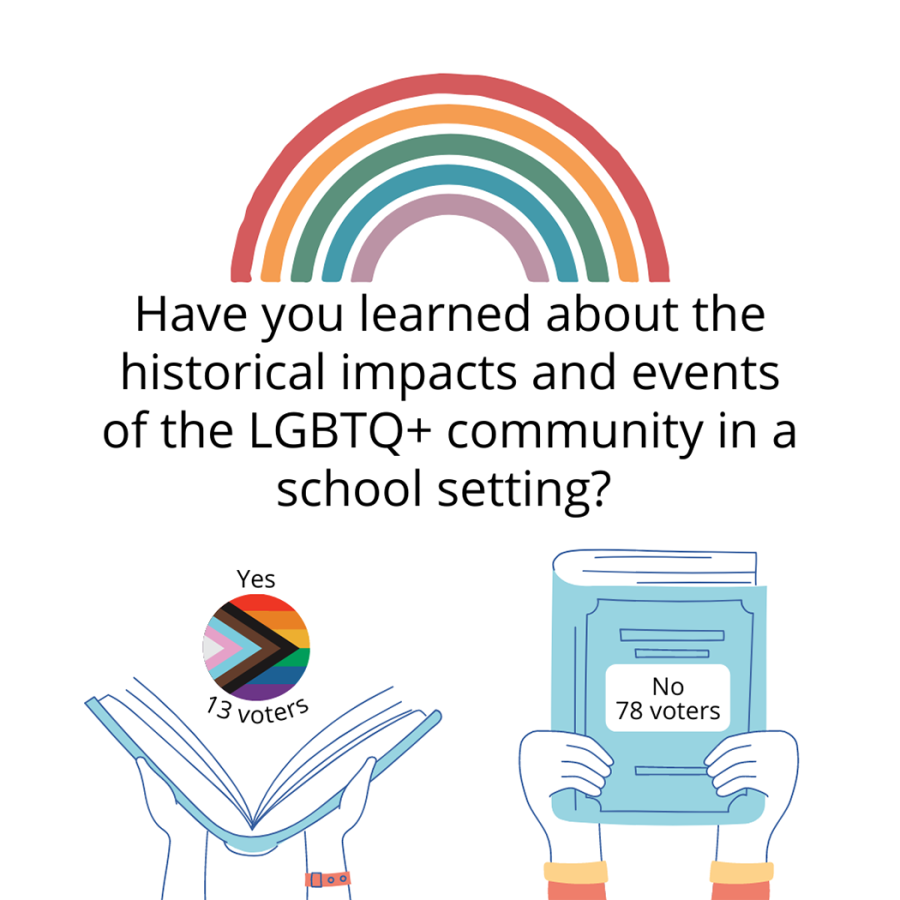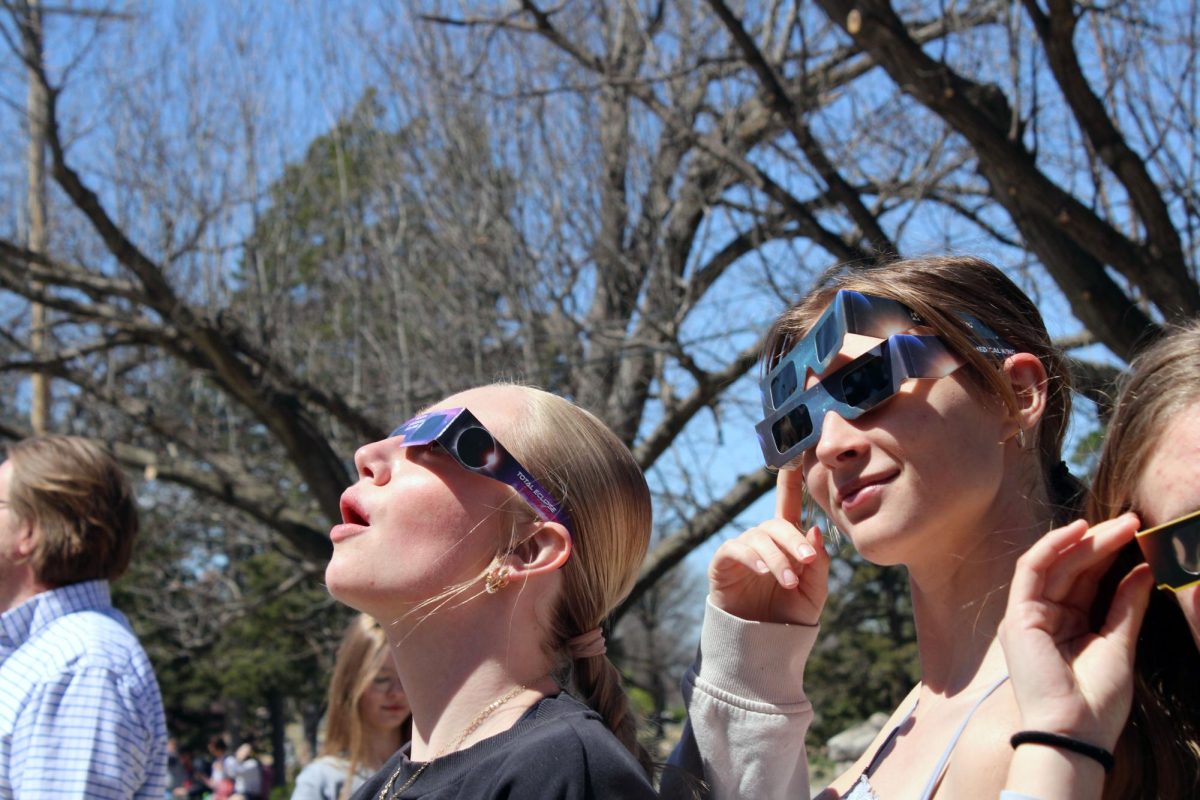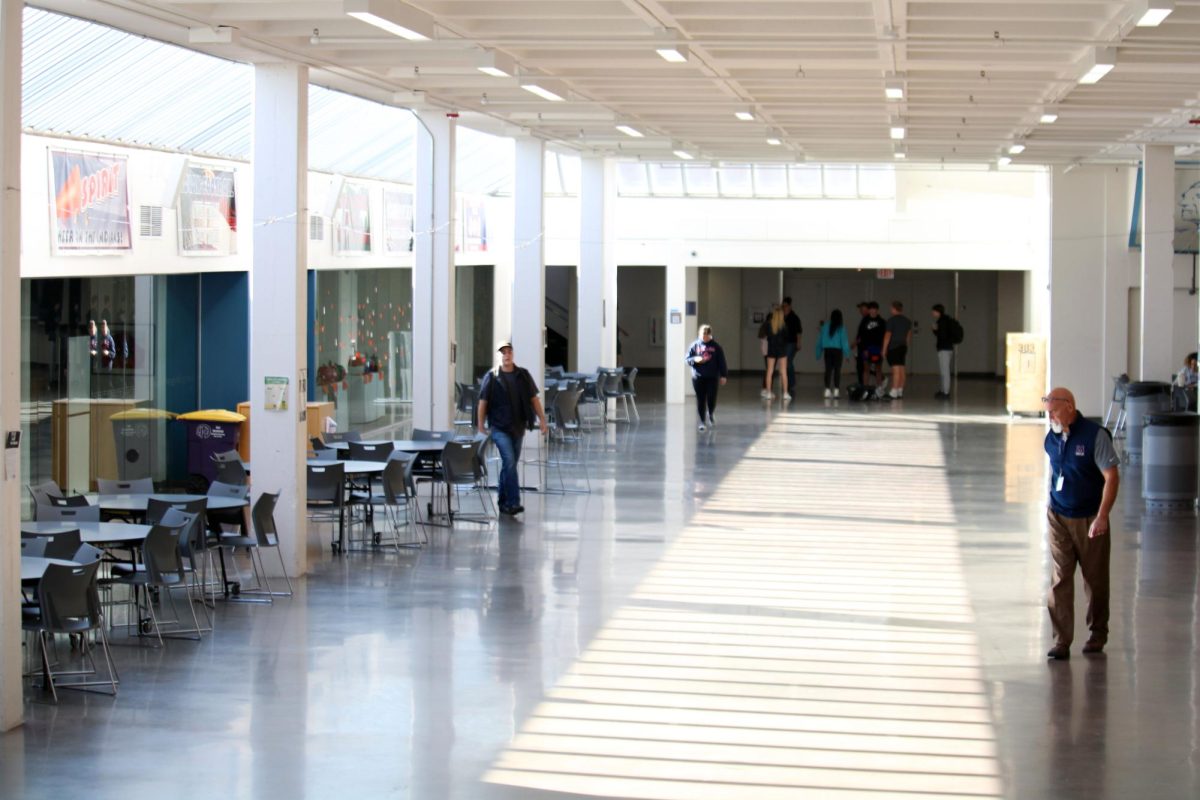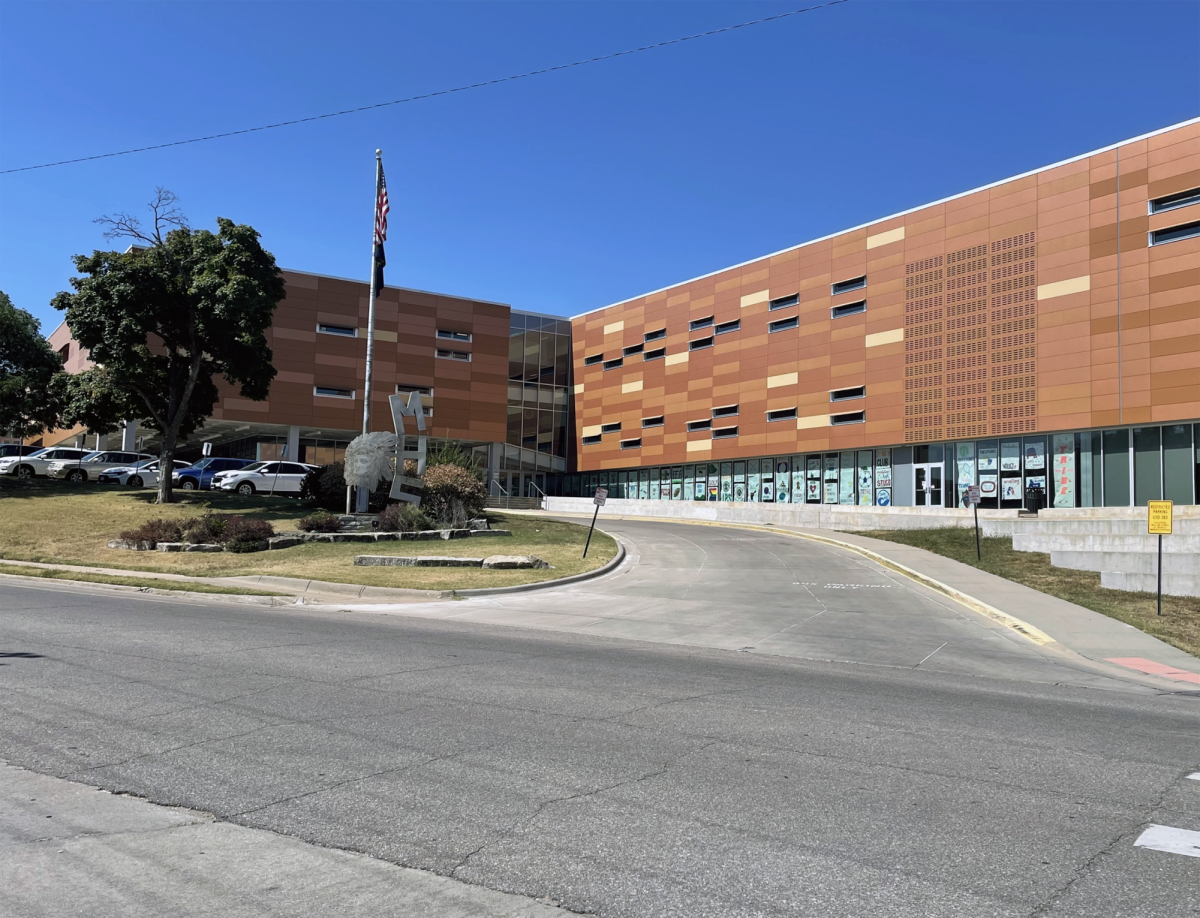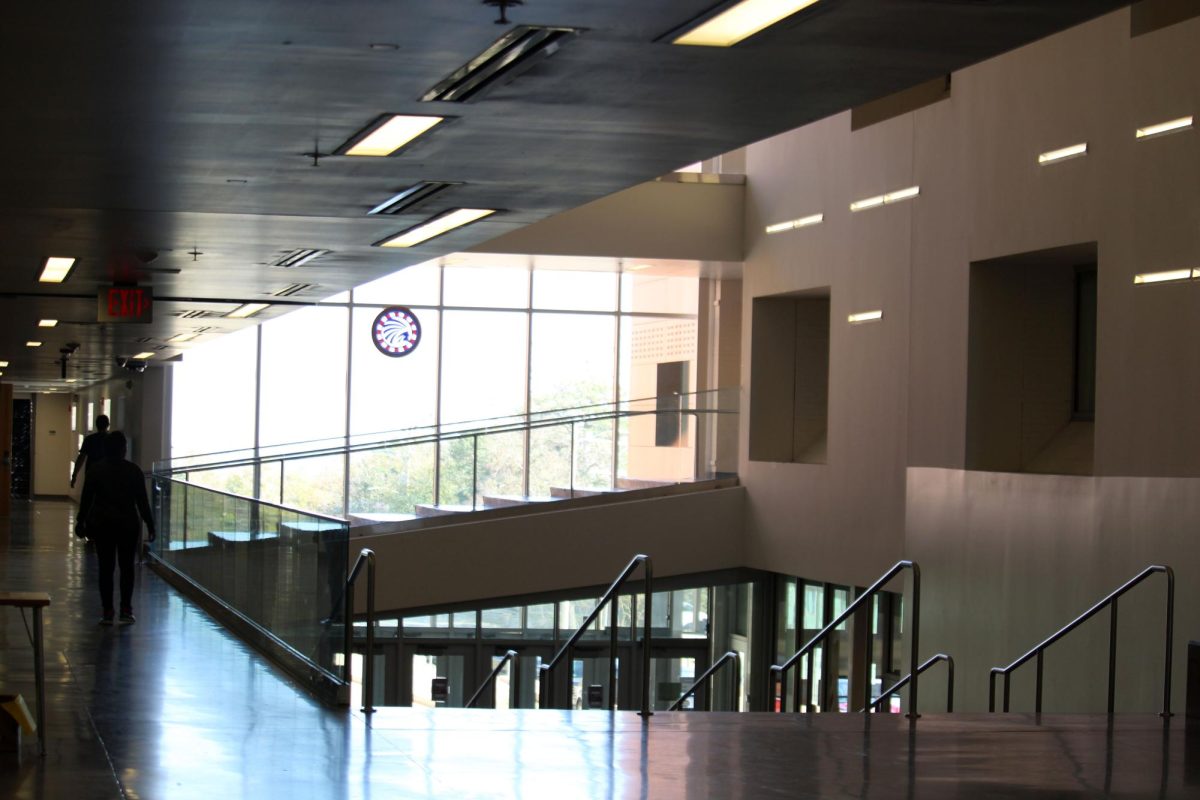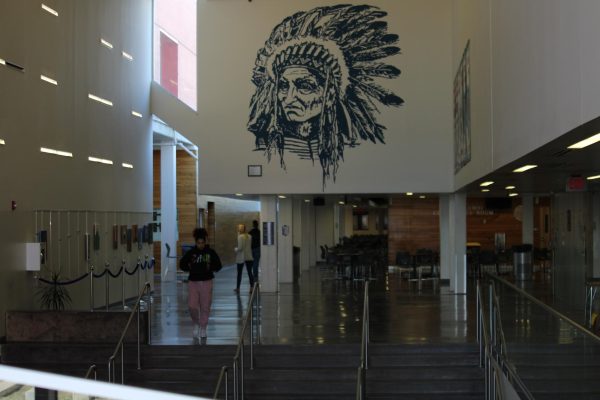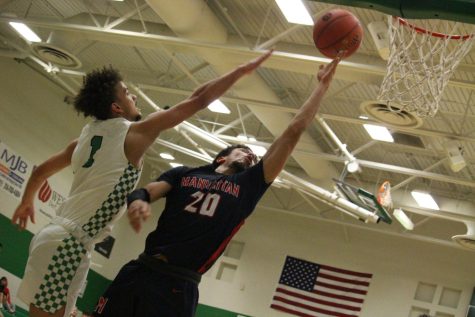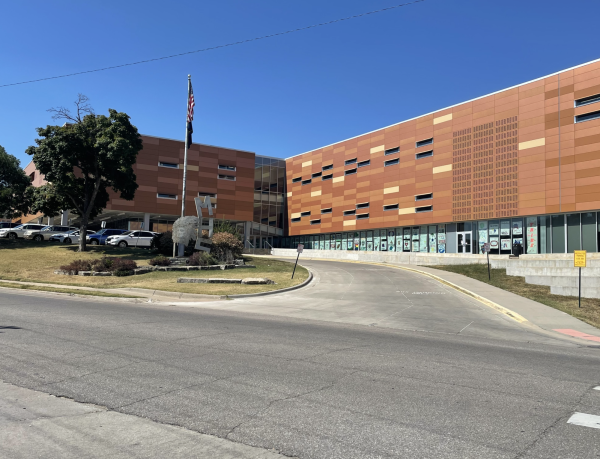USD 383, please say ‘gay’
March 28, 2022
Society has come a long way when it comes to the acceptance and discussion of the LGBTQ+ community. From when the concept was taboo and silenced, to now: accepted, except for the homophobic people, many of those that sit in positions of leadership, who refuse to let it be normal, and talked about – well not so much anymore.
There has been plenty of anti-LGBTQ+ legislation recently when it comes to discussion of the subject in schools.
Kansas hasn’t introduced any piece of legislation yet, but state Boards of Education are acting like there is a “Don’t Say Gay” bill. Discussion of LGBTQ+ events and topics are slim to none, with maybe a small mention in an AP History class, and in the experience of the editors, nothing in sex education.
The Mentor Editorial Board believes that USD383 needs to stop acting as if there is a Don’t Say Gay bill and start incorporating LGBTQ+ topics into the curriculum.
Florida’s Parental Rights in Education bill, dubbed the “Don’t Say Gay” bill, was signed into law Monday by Governor Ron DeSantis. The bill forbids the discussion of gender and sexuality in schools, that it “may not occur in kindergarten through grade three or in a manner that is not age-appropriate or developmentally appropriate for students in accordance with state standards,” as stated in the bill. The vagueness has caused many issues, as it doesn’t specify what that discussion garners and what is considered “age-appropriate.”
Florida is not the only state to enact anti-LGBTQ+ bills. Texas was in the spotlight for its legislation against trans girls in sports and LGTBQ+ topics in schools as well as anything discussing race, and many other states followed suit.
In defense of the bills, people say it’s the parents’ responsibility to educate their children on this topic, if and when they think the child should learn it. However, you can’t rely on them to teach their children if they are homophobic or transphobic. They will either teach them the wrong, hateful perspective, or refuse to teach them at all.
There’s also the fact that sexuality and gender is fluid and ever changing, and many parents grew up with just LGBT, some with just LGB. They aren’t as aware of how diverse the community is and aren’t qualified to fully discuss sexuality and gender. There are people in the community who have much more knowledge, and people who study this field who have a greater understanding of how it works and can provide proper information to children.
There are resources out there for parents, such as PFLAG, as well as plenty of books, videos, and articles from LGBTQ+ people who can provide information for parents.
Just as children need to learn, parents need to also put forth the effort to educate themselves.
There is so much history about the LGBTQ+ community, with monumental events that even LGBTQ+ children aren’t aware of. It’s a vital part of American history that isn’t mentioned in the class.
Some know about Stonewall, but they only know the whitewashed generic version. The Stonewall Rebellion was a response from the LGBTQ+ community against police raids of gay bars in 1969. A significant moment in American history, and it isn’t discussed in class.
The HIV/AIDS epidemic is one of the most important events that occurred in not only LGBTQ+ history but American history. There were numerous anti-LGBTQ+ legislation, for example, the Food and Drug Administration policy that banned gay and bisexual men from donating blood, which still applies today, in 1977.
A lesser talked about historical event is the first Black pride parade; Activists Welmore Cook, Theodore Kirkland and Ernest Hopkins organized the first DC Black Pride in 1991.
The significance and facts of the events are left out of the picture and many younger LGBTQ+ people aren’t as aware as they should be.
This is applicable in other areas, such as general education on sexuality and gender. There are many children who understand that they like a certain gender, or are not their gender assigned at birth, but they aren’t provided with anything to further understand themselves.
LGBTQ+ subjects are frequently exluded in health education, including sex education, leaving youth with little knowledge on what they should do, how they should still use certain items, and any concerns they should have. Heteronormativity allows for the continued lack of discussion and education of LGBTQ+ subjects in health class especially, where it matters most. There are plenty of health necessities and concerns that students should know about, and only providing them information for cisgender heterosexual relationships doesn’t do anything for their health and safety.
This goes farther beyond including LGBTQ+ topics. This stretches to dicussing so many “controversial topics” or topics that white, cisgender, heteorsexual men don’t like or think is “not appropriate” for children to learn. Barring discussion of these topics does nothing but allow the systems in which oppresses these groups to continue to exist. The idea that these topics are “adult concepts’ is inaccurate. It’s not something that children can’t learn.
A child can ask, “Why do they have two parents of this gender?” and the response is as simple as explaining sexuality and they will carry on and not think of it as something bad or something for people to be ashamed of. There are so many ways to explain sexuality and gender to a child. It’s putting forth the effort that trips people up.


